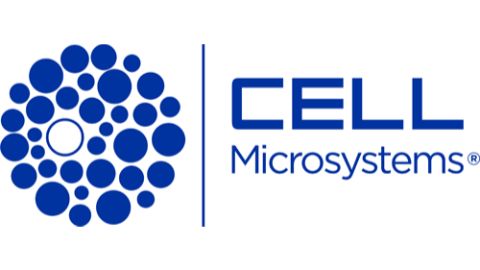Random Homozygous Gene Perturbation (RHGP) as a Tool for Target Discovery and Validation

ABSTRACT
Random homozygous gene perturbation (RHGP) can identify and validate any host (cellular) gene target that directly causes a desired phenotype without requiring prior knowledge of the target. The central feature of RHGP is a unique lentiviral-based genetic element, known as a gene search vector (GSV) designed to interrogate the entire genome and identify target genes that cause the phenotype of interest. The GSV cassette contains an inducible promoter with an inducer response element (RE). The GSV is transduced into a target cell population that stably expresses the transactivator (TA). Transduction results in random integrations of the GSV into the genome of the target cells. In the presence of inducer, the TA binds the RE domain to activate the GSV promoter. Promoter activation triggers the transcription of the RNA extending into the host genome sequence flanking the 5´ LTR of the GSV. RHGP provides the ability to sample every gene in a cell for both over expression and loss of expression. When integrated in an antisense orientation, this event physically disrupts one allele, while producing antisense RNAs that knock down expression of the other allele. In the sense orientation, RHGP may overexpress the entire target gene when the vector is inserted upstream of the start site or overexpress the domains of the gene and produce a dominant-negative inhibitor of wild-type gene function. The inducible promoter of the GSV allows us to validate the candidates and eliminate false-positives that arise as a result of spontaneous mutation or other artifacts. With RHGP approach, FGI has successfully identified the host target genes involved in pathogenesis of cancer metastasis, drug resistance, Alzheimer’s Disease and viral infections. Therapeutics against the first of three RHGP identified targets for infectious disease is now in clinic trial. Therapeutics against the other two targets will be entering preclinical development shortly.







